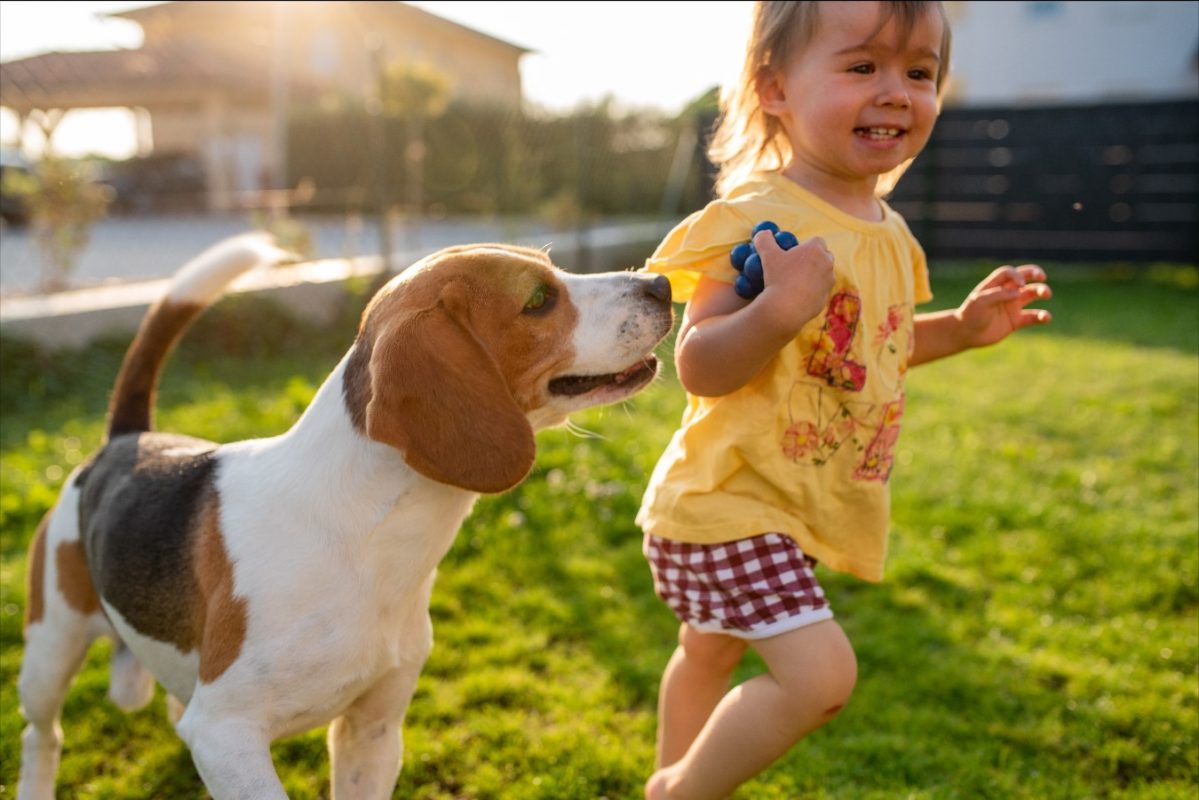Everything, Children
What Children Learn with and from Pets
Those of us who had pets as children probably remember the unconditional love we received, the pleasures of animal companionship, and the lessons in caring for another creature. Most likely, we gained far more from our pets than we realize even now.
Advantages of pets for children
Children who grow up with pets tend to have higher self-esteem, improved social skills, increased attention span, better non-verbal communication skills, and better school attendance. They’re likely to be more emotionally stable, and they’re less likely to engage in criminal activity later in life.
Pets help teach children empathy, compassion, loyalty, responsibility, and respect for other creatures. They help children develop trusting relationships. With a pet as a friend, children always have someone to tell their secrets to.
What children with pets need to know
Animals can feel pain. Chasing, teasing, pulling on, kicking, throwing, or otherwise bothering animals is not acceptable. Some animals more than others will indicate their displeasure at being handled roughly. Children need to be taught to recognize signs of distress in animals and acceptable ways of handling animals:
- How to pick up and hold a pet (if the pet is small enough to be picked up and held)
- How and where to stroke a pet
- Respecting animals needs to rest
- Allowing animals to go free when they want without restraining or chasing them
Just like people, animals have distinct traits, and people need to recognize and be respectful of them. Children need to learn:
- Not to try to pet dogs they don’t know
- Not to take food or bones away from animals
- How to recognize animal body language
Animals need food, water, exercise, clean quarters, and affection. They need care and attention every day, not just when people feel like attending to their needs. They need patience and understanding while they’re learning what’s expected of them.
Children with pets can learn to handle a lot of responsibility for their pets. However, adults still need to make sure that the pets get the care that they need and to take responsibility if the children don’t.
Younger children and pets
Children are naturally drawn to animals. Even young children can learn from their animal companions:
- Empathy, gentleness, and respect by learning to recognize pain and discomfort and to avoid hurting animals by the way we touch or handle them. Preschool children may need to learn not to take toys from pets.
- Friendship from spending time with our animal companions. Children learn to care about creatures beyond themselves.
- Responsibility by having simple chores such as feeding their pets daily under an adult’s supervision. A chart to mark off every time they do such tasks can help children remember to feed their pets.
- The value and fun of exercise with animals that need exercise time with their people.
With children who are too young to have learned empathy and respect, time spent with pets should be supervised.
Children and pet loss
Learning to understand and accept death is one of life’s lessons, and it’s one that children can learn when their pets die. If the pet requires extra care while old or ill, children learn more empathy and responsibility.
Younger children may not understand the finality of death at first. They will find it easier to grasp if adults explain the situation to them (injury, illness, age) and help them realize that all lives end at some point. If children experience the death of a pet before losing a person in their life, they will already have some understanding of the life cycle.


